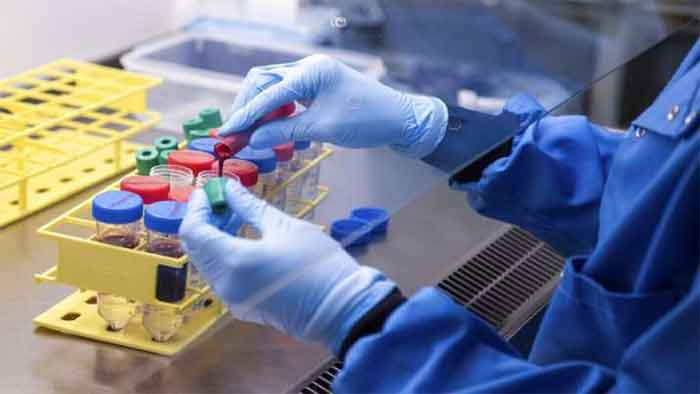
The second wave of the covid-19 infection has had a devastating impact on the lives and livelihoods of people across the country. Universal vaccination is one of the important interventions towards containing the spread of the disease and mitigating its impact. As we move ahead towards recovery, the government must take adequate measures to ensure that there is equitable distribution of vaccines. The government also needs to take various steps towards strengthening the public health system, enhancing livelihood opportunities, ensuring food security and revival of the economy in a manner where the marginalized and vulnerable communities are given priority.
With regard to vaccines, while it is welcome that the central government has assured the public that it will centrally procure vaccines and distribute them to the states in an equitable manner so that free vaccination is available, some concerns remain. Availability of vaccines remains a problem and this needs to be resolved. 25% of the vaccines manufactured are still reserved for the private sector where despite the price regulation, it is quite expensive for ordinary citizens. There is still the insistence on using the Cowin app, although many states are allowing for on-the-spot registrations and doorstep vaccination which will hopefully address the issues related to digital literacy, access to smartphones, etc. which resulted in making it more difficult for people to access vaccines.
There are also reports of vaccine hesitancy. We believe that the government must take several proactive steps to encourage people to take the vaccine. Access to vaccines must be made easy and close to the areas where people live. Vaccines must be available for free. There must be adequate facilities provided to deal with any adverse events following immunization (AEFIs). The government must also conduct awareness campaigns encouraging people for immunization and train the frontline health workers such as ASHAs and ANMs to respond to people’s queries related to vaccines.
The Right to Food campaign principally, believes that there should not be any incentives or disincentives related to being vaccinated. Fear and lack of confidence in the vaccine cannot be glossed over by incentives or disincentives. Infact linking it with some material benefit or its withdrawal has also seen coercion and corruption when it was last used in the sterilization and contraception programme, all over the country.
There were some reports in the initial phase of immunization that vaccination certificates were being insisted on for receiving PDS rations in some districts and so on, which were later withdrawn. Such linking of access to entitlements under various government programmes with immunization status is unacceptable. The right to food campaign believes in provisioning of these entitlements, unconditionality. While people need to be encouraged to get the vaccine, the focus for achieving this must be to increase the availability of free vaccines and provide information and support services to people.
Gangaram Paikra, Aysha, Kavita Srivastava, Dipa Sinha, Anuradha Talwar, Mukta Srivastava, Amrita Johri (On behalf of the Steering Committee of Right to Food Campaign)
GET COUNTERCURRENTS DAILY NEWSLETTER STRAIGHT TO YOUR INBOX











































